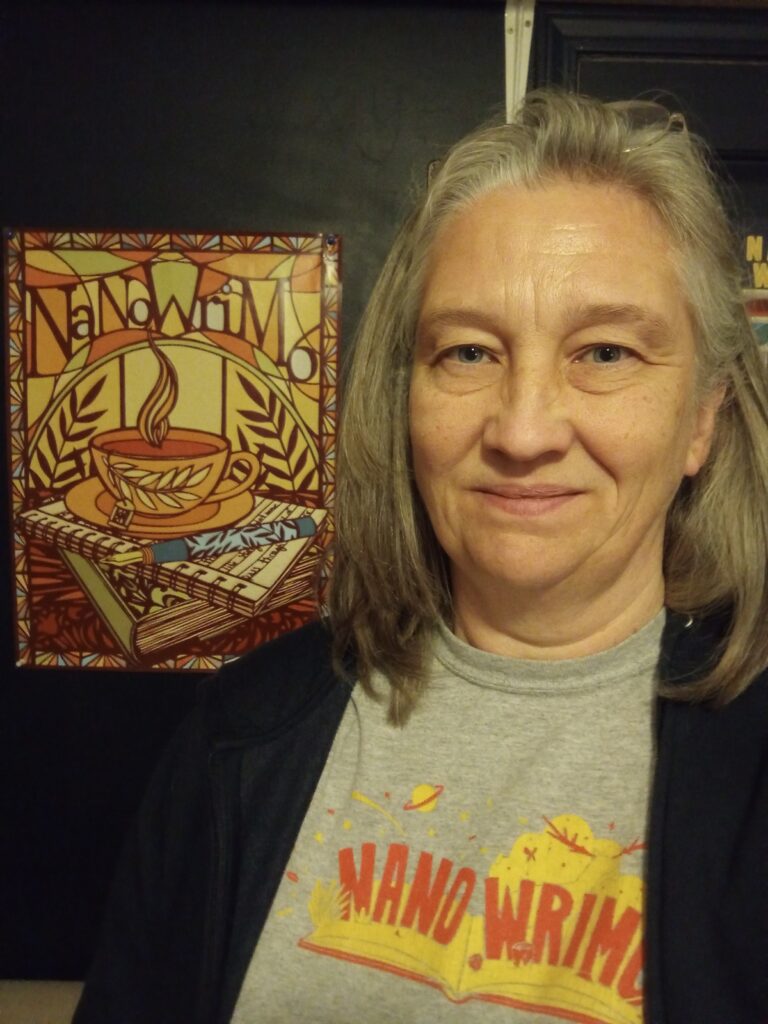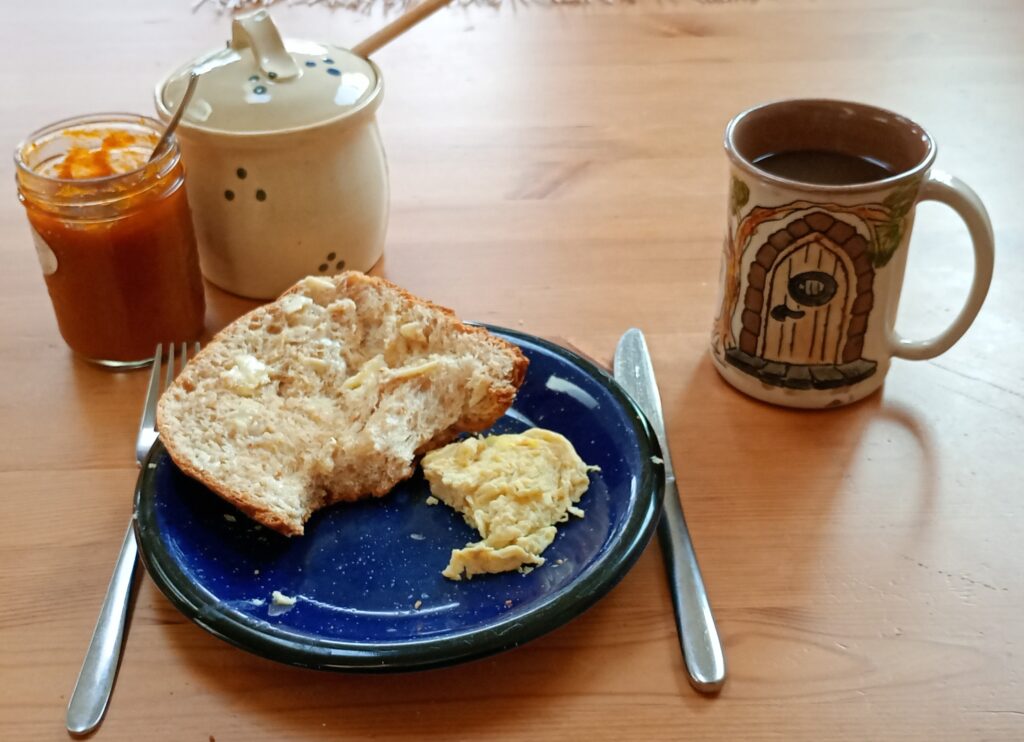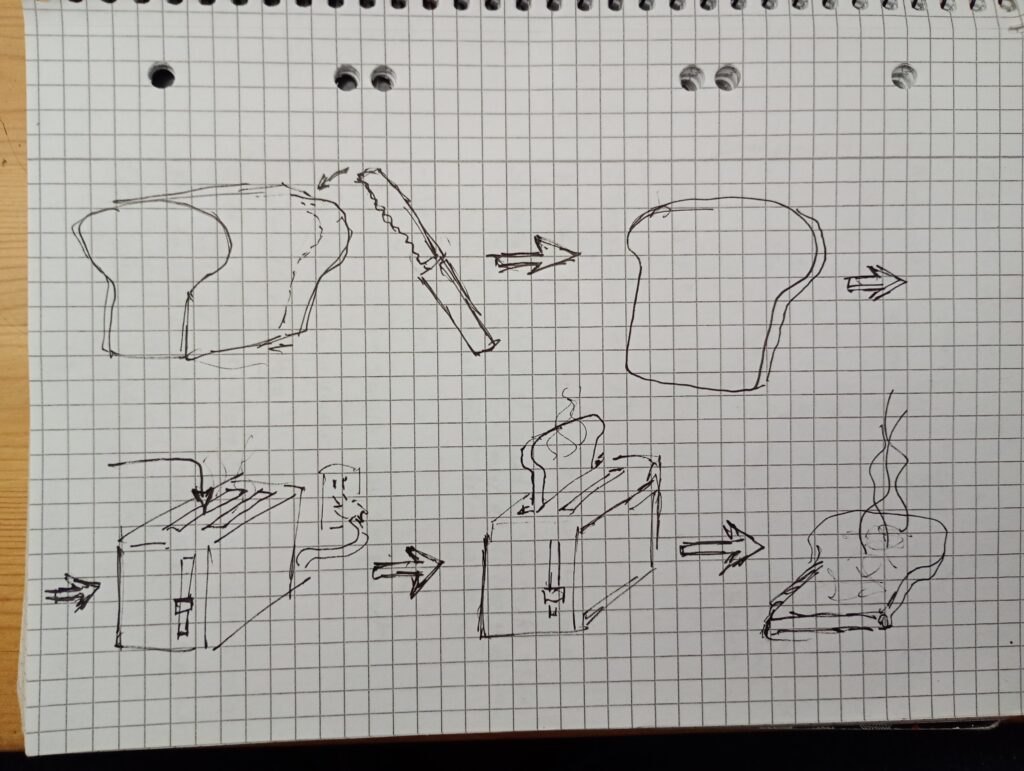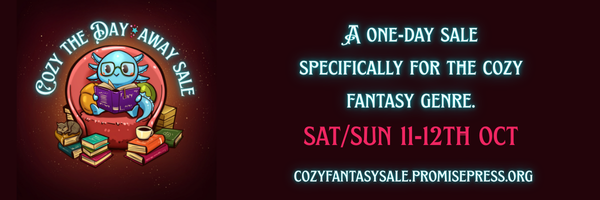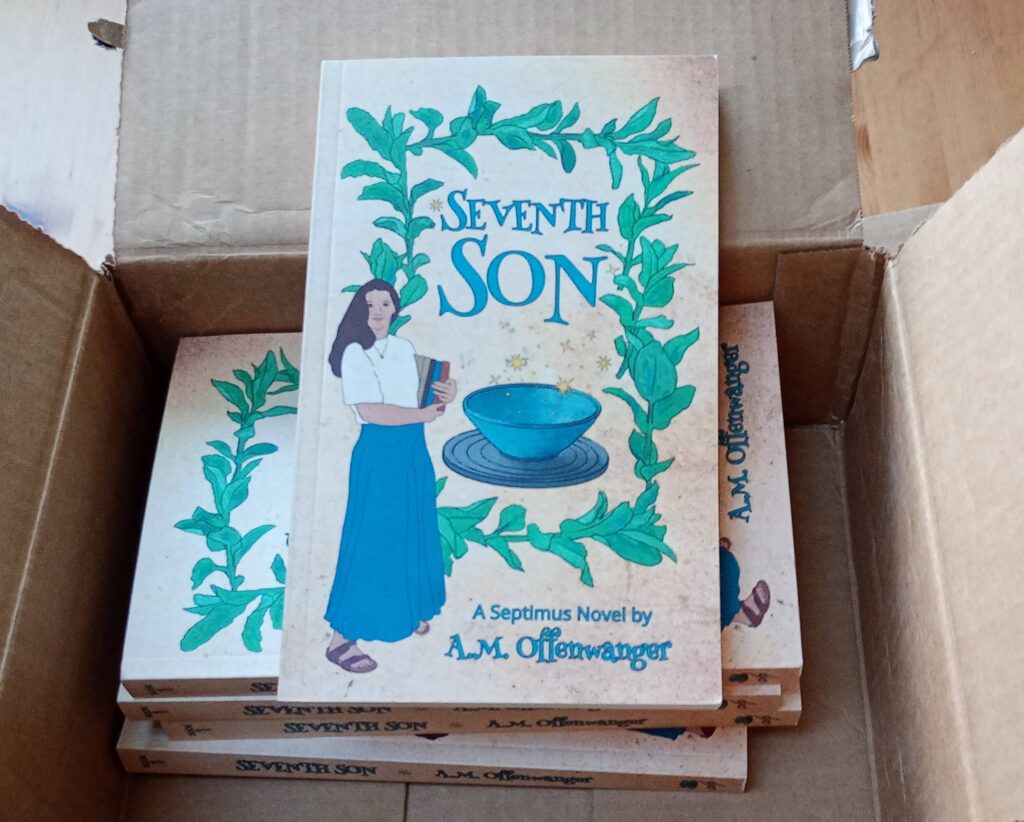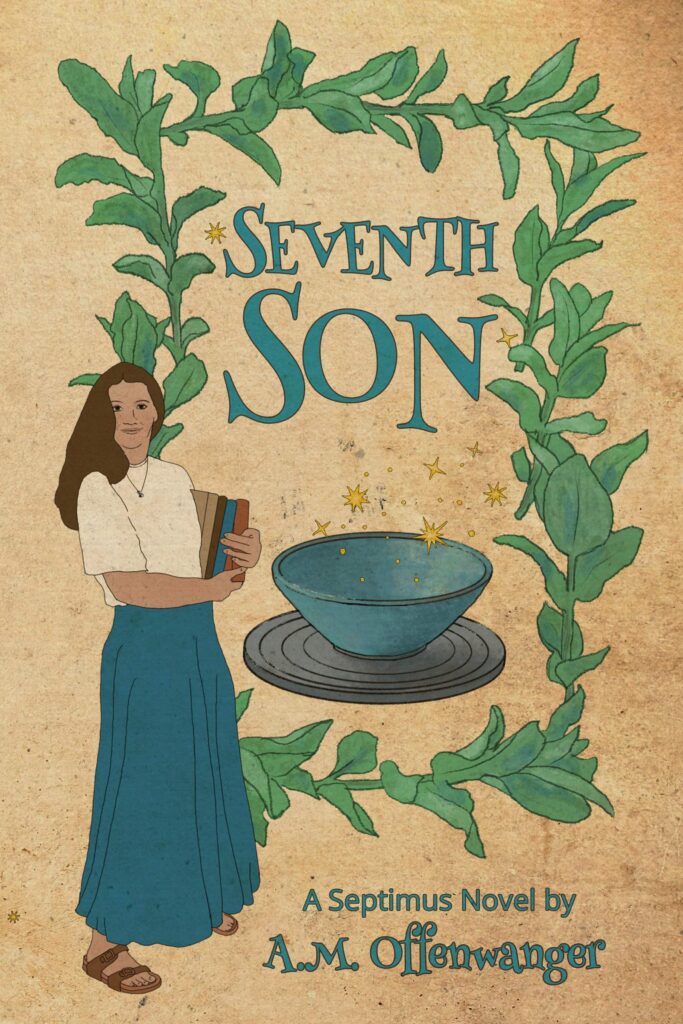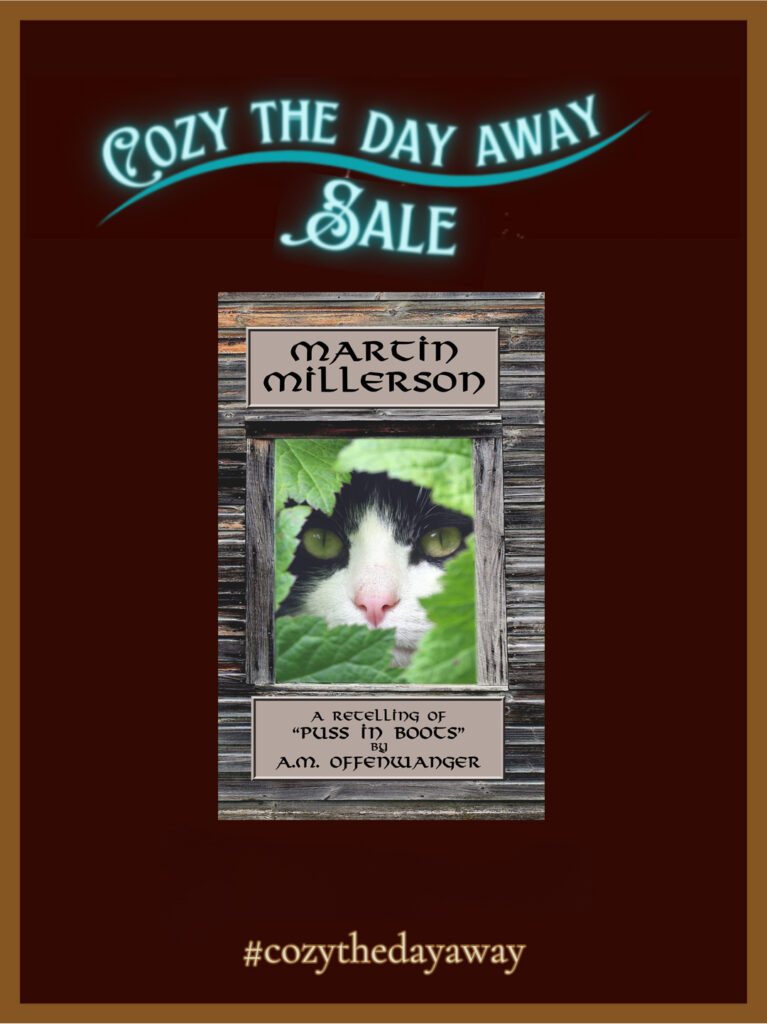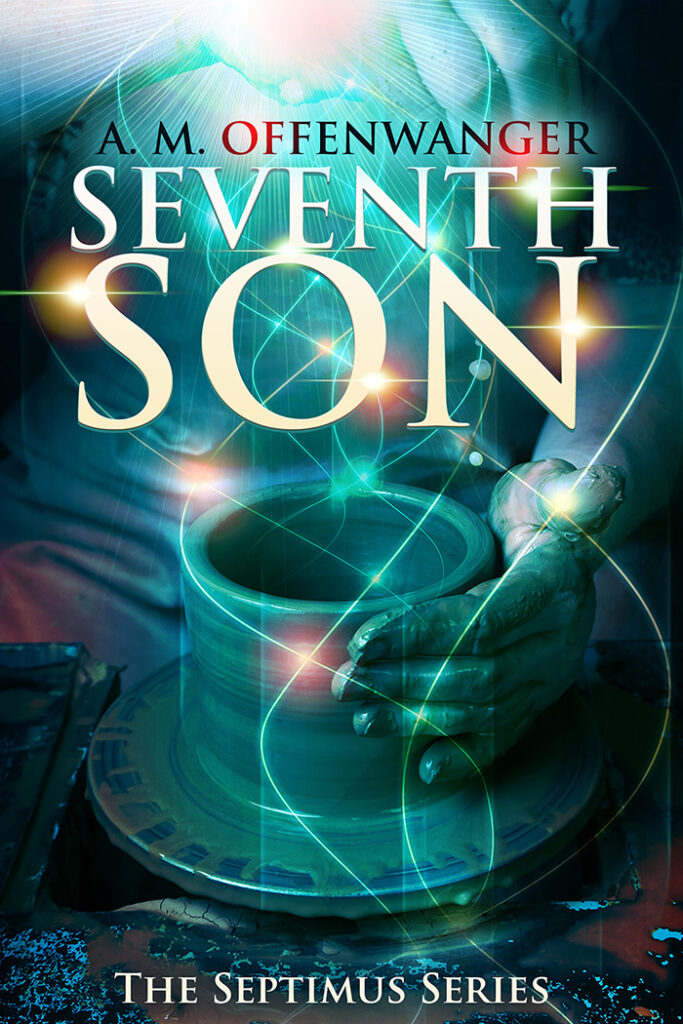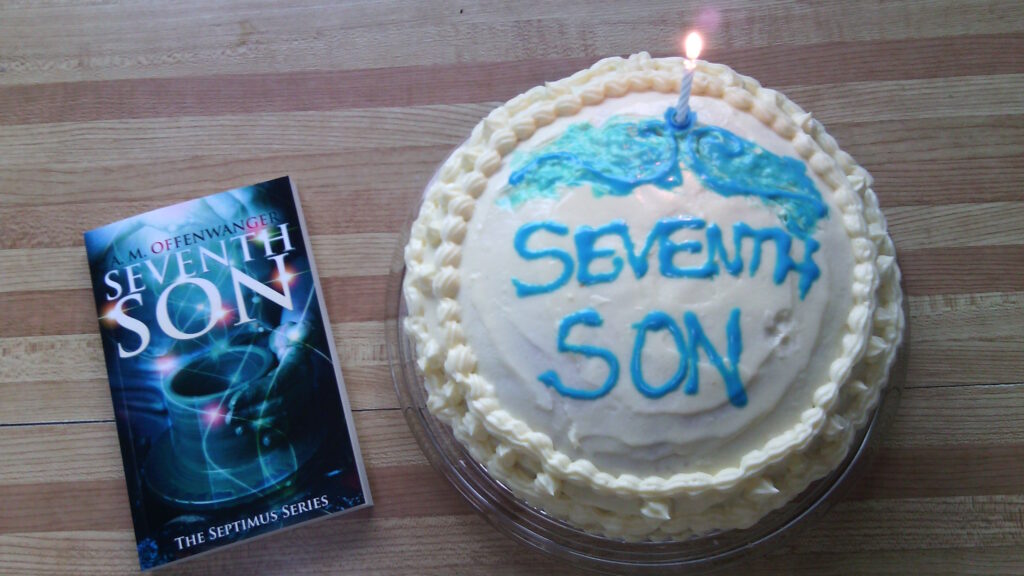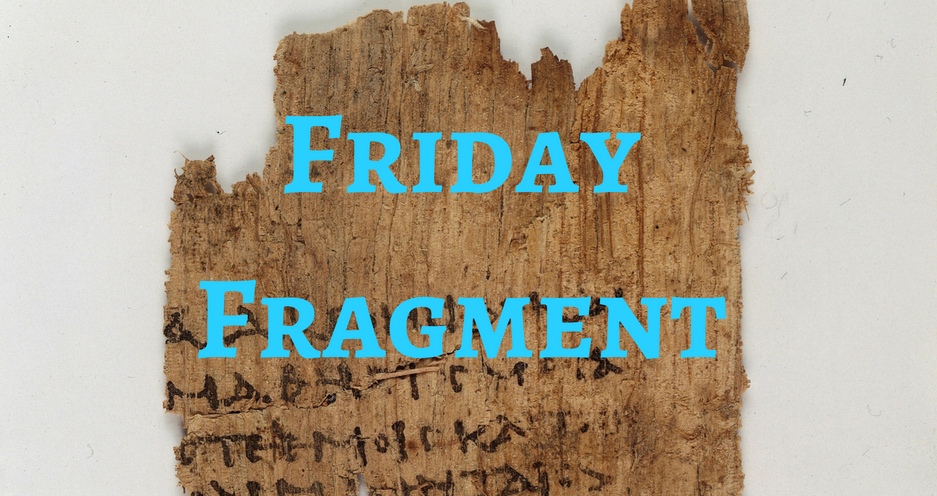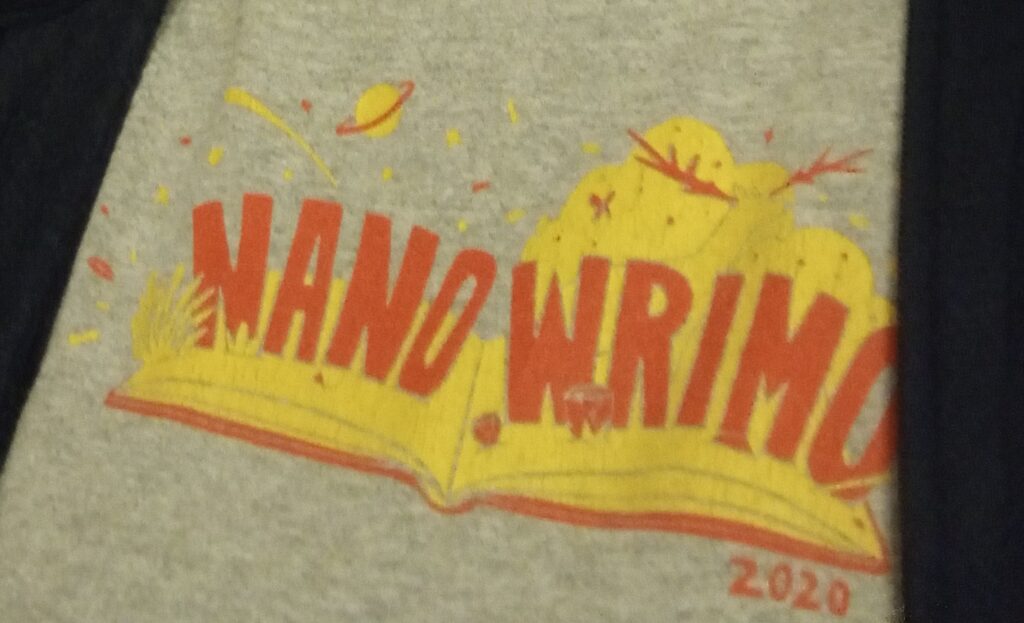
If you’ve been around the writing circuit this year, you’ve probably heard about this: NaNoWriMo has imploded.
Back in April, NaNoWriMo.org, the worldwide organization that every year encouraged writers to spend the month of November in a mad dash towards completing a 50,000 word novel, was shut down. Gone. Kaputt.
I can’t say I’m not sad. Even just writing this brings up the sadness again. Because, you see, NaNo was such an important part of my life. Without NaNoWriMo, I would not be a writer. On November 1st, 2011, I sat down and typed “It was the blue bowl that started it all,” and on November 30th, I had written fifty thousand words and I had a novel. A novel that I didn’t know I had in me. A novel that became Seventh Son. A novel that made me able to call myself a writer.
I didn’t really engage in any of the NaNo activities that first year, but it was the organization of NaNoWriMo that kept me going, nonetheless. That year, they had little video clips on their website – I can’t remember how often they updated them; it seems that it was every day, or every weekday, although that seems like way too often. Maybe it was just once or twice a week. They started with a snappy tango tune – I can still hear it playing in the back of my head now (unfortunately I can’t find it on Youtube anywhere, or I’d inflict it on you) – and it also involved something with a dinosaur and a tacky plastic viking helmet (the helmet was plastic, not the viking). In my (admittedly somewhat hazy) memory, it seems that every day after I finished my writing, I’d log into the site and let myself get cheered up and cheered on by that bouncy tune. And then there was the hilarious Errol Elumir, a musician and writer from Toronto, who every day posted another instalment of his webcomic, Nanotoons; I think he and some friends even made a NaNoWriMo movie that year that they posted an episode of every week (if you know where to find it to watch it, let me know). So much fun, so much frenzy.
And then towards the very end of the month, I did go out for coffee with some other local Wrimos, and we celebrated our NaNo wins (or almost-wins; I think there were a few days left in the month). The next year, I was back. And I went to more of the coffee meetings, made friends with the local Wrimo crowd, and we wrote and grew together. A few years later, some of that same crowd decided to keep meeting year-round, and we started a writing critique group. It’s almost like the bulk of my writing life is due to NaNoWriMo.
And now that’s over. No more NaNoWriMo.
But then, I hadn’t actually written a “proper NaNo” in quite a few years anyway. NaNo had a system of volunteers called MLs, Municipal Liaisons (I never know how to spell that), who ran the local chapters. I was one of those people for a few years, and truth be told, I found it quite exhausting. In the years that I was an active ML, I didn’t get a single novel finished.
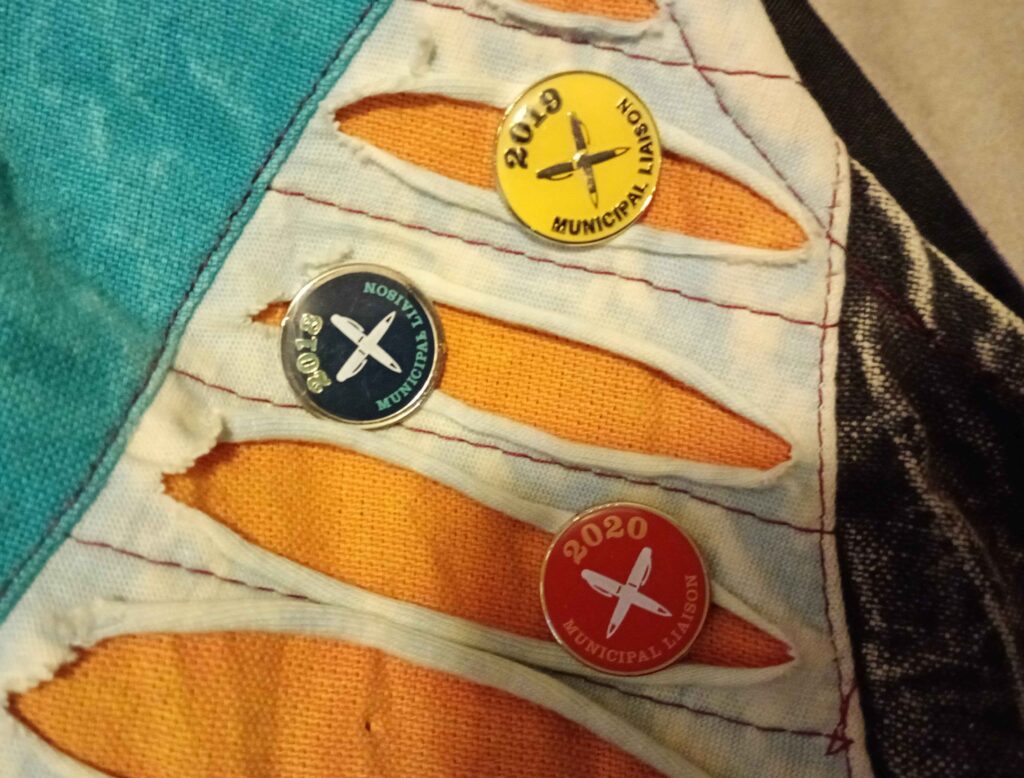
So by the time NaNoWriMo finally crumbled in 2024 (Happy 25th Anniversary…), I had lost steam. My love for NaNo was more nostalgia than anything else. I have half a dozen T-shirts and hoodies with the NaNo name on it and about as many posters lining my study walls, but the print on the T-shirts is flaking, and the NaNoWriMo logo on my favourite travel mug is almost entirely worn off.
I think there is something rather symbolic about that. Yes, NaNoWriMo was fantastic while it lasted. Just like my first NaNo hoodie, the big black one, that I bought myself in 2012 as a reward for finishing my novel. But the paint flaked off, and the cuffs are worn through. It’s time for something new.
And then I got to thinking. NaNoWriMo started in 1999, with a few crazy friends who decided to try to write a novel in one month. Yes, it grew from there, in leaps and bounds – soon there were thousands of participants, then hundreds of thousands; there was a fancy website, and it got fancier with every iteration; there were word count trackers and word sprinting software and forums and pep talks and badges and what-not and so on…
But, hold on, what was it really all about? It was about a few crazy friends who decided to write a novel in one month. That’s it. Chris Baty and his buddies, back in 1999, didn’t have any of that fancy stuff on that fancy website that is now defunct. They didn’t need that website, didn’t need the non-profit. Sure, it was great to have, but it wasn’t required. What mattered was DOING THE THING – writing that novel.
And that, folks, we can still do. Even if NaNoWriMo.org no longer exists, WE CAN STILL WRITE NOVELS. The whole process might even be better for being, well, simpler. More grassroots. More back-to-basics.
And you know what I just discovered, as in, ten minutes ago while I was writing this? I’m not the only one thinking this! I’m not alone in this novelling journey after all – THERE IS A NEW NANOWRIMO!!
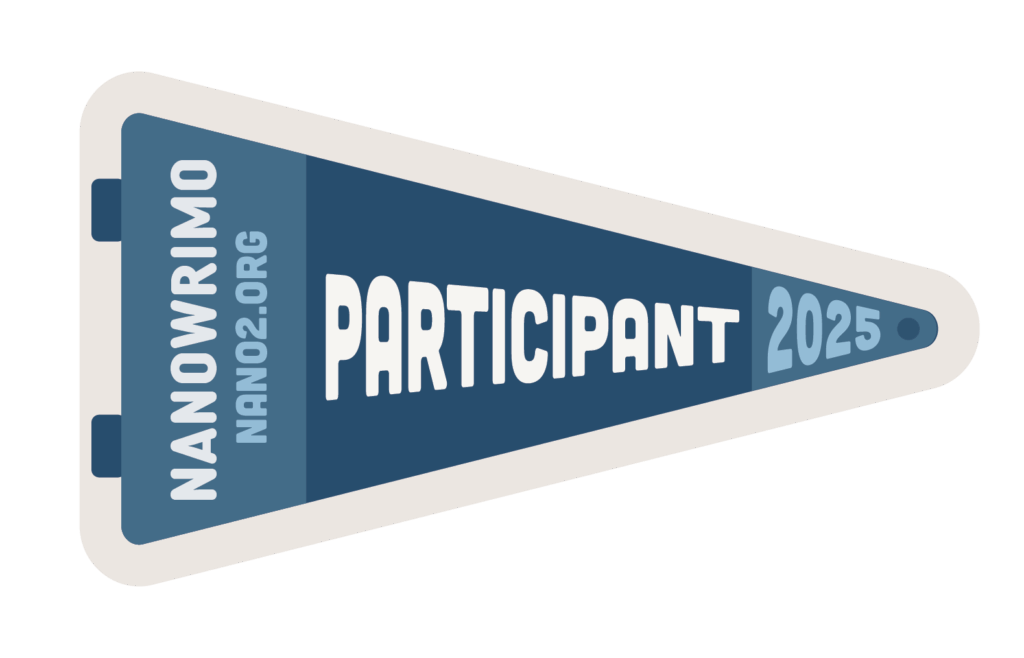
It’s different, it’s not the same, it’s not even an actual organization. But it’s spearheaded by Chris Baty himself, with a whole team of veteran NaNo volunteers, and there is a website with resources, and a blog where people post cool stuff, and even a place where you can download web badges to splash around your social media sites. It’s called NaNo 2.0 (https://nano2.org/), and it looks amazing. Exactly what I was wishing for: a place to get back to the spirit of NaNoWriMo, the way it started out. Not one central “organization”, but a grassroots movement of people all over the world doing writerly things, in November, and supporting each other through it.
I’m so excited – I started this post feeling sad, mourning for the loss of NaNoWriMo. But NaNoWriMo isn’t gone, after all! It just looks different now. And, dare I say – maybe even better? NaNoWriMo is dead – long live NaNoWriMo!
I don’t know what I’ll do this November, if I’ll write a novel or not. But whatever it is, I’m looking forward to getting back into the novelling spirit.
Life, the Universe, and a NewNoWriMo. What about you – will you join the fun?
